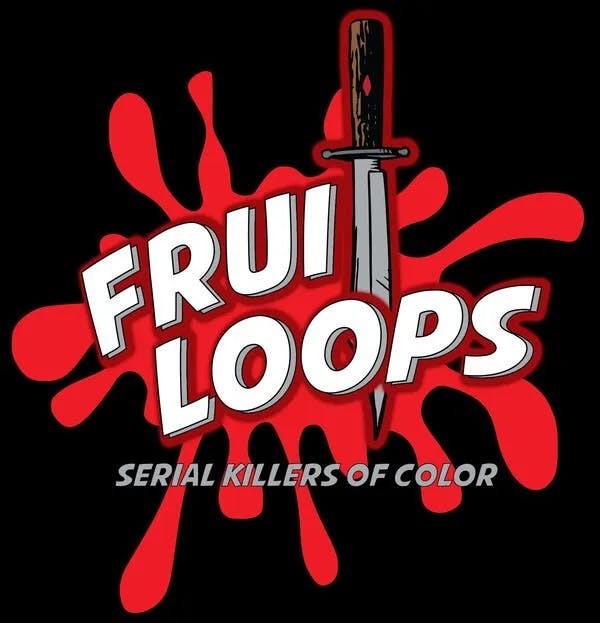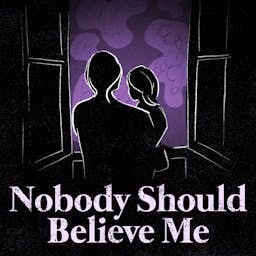Introducing: Fruitloops
Two cousins. Four murders. One homicidal summer. In 2004, Angel Ford-Wright & Caroline Peoples lured victims with false promises, then executed them. One confessed. One went to trial. Both got life.
***
Listen to Fruitloops: https://podcasts.apple.com/us/podcast/fruitloops-serial-killers-of-color/id1400426755
Learn more about your ad choices. Visit podcastchoices.com/adchoices
***
Listen to Fruitloops: https://podcasts.apple.com/us/podcast/fruitloops-serial-killers-of-color/id1400426755
Learn more about your ad choices. Visit podcastchoices.com/adchoices
Press play and read along
Transcript
Transcript is processing—check back soon.
Nobody Should Believe Me — Introducing: Fruitloops




